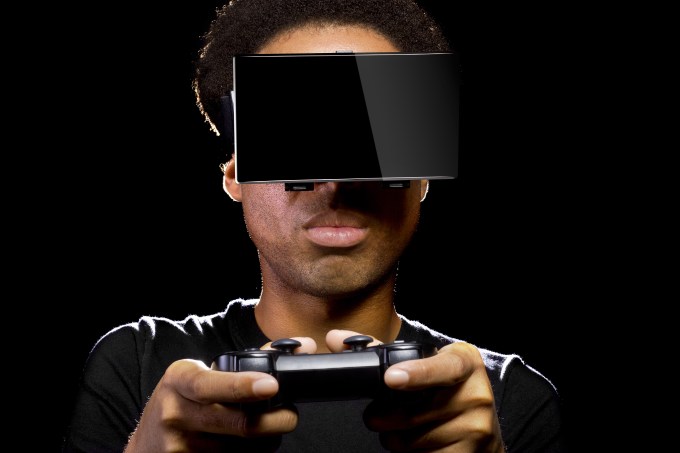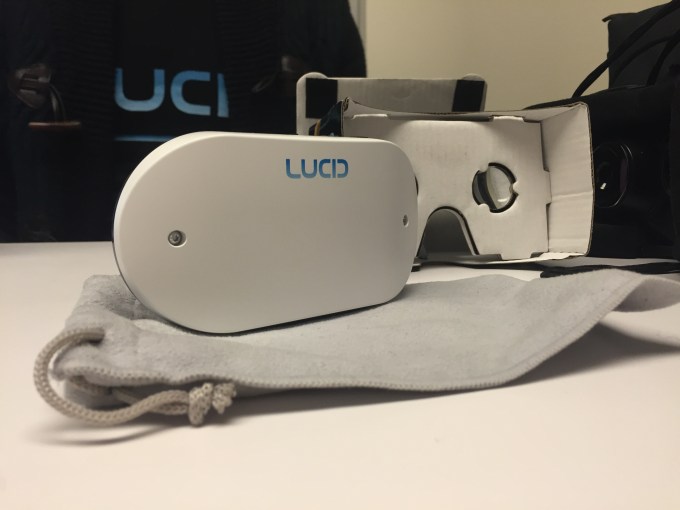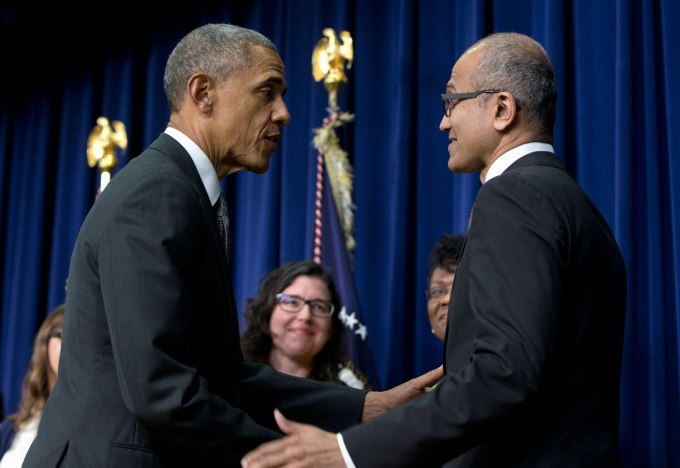 The concept of virtual reality (VR) has been around for several decades. Largely ignored by mainstream computing until about four years ago, VR technology has leapt to computing's center stage — largely kick-started by the investment from Facebook — and is now poised to make an industry transforming impact. Read More
The concept of virtual reality (VR) has been around for several decades. Largely ignored by mainstream computing until about four years ago, VR technology has leapt to computing's center stage — largely kick-started by the investment from Facebook — and is now poised to make an industry transforming impact. Read MoreSource: TechCrunch
 Beacon marketing company inMarket is unveiling a new technology that it calls Quantum Receptivity, which it says can help marketers figure out when they should show an ad to a shopper and have the biggest impact. "It's really about cherry picking marketing times — not just things like days of week, but based on each individual's unique…
Beacon marketing company inMarket is unveiling a new technology that it calls Quantum Receptivity, which it says can help marketers figure out when they should show an ad to a shopper and have the biggest impact. "It's really about cherry picking marketing times — not just things like days of week, but based on each individual's unique…  We — humanity, that is — created 4.4 zettabytes of data last year. This is expected to rise to 44 zettabytes by 2020. And no, I didn't make up the word "zettabytes." For scale, it is estimated that 42 zettabytes could store all human speech ever spoken. One zettabyte is around 250 billion DVDs — almost enough fit the whole Friends series.
We — humanity, that is — created 4.4 zettabytes of data last year. This is expected to rise to 44 zettabytes by 2020. And no, I didn't make up the word "zettabytes." For scale, it is estimated that 42 zettabytes could store all human speech ever spoken. One zettabyte is around 250 billion DVDs — almost enough fit the whole Friends series.  Trying to wade through the noise and hype that surrounds VR can be overwhelming, but there are clear real-world uses that make the future of the technology exciting. Lucid flew through that noise for me. The thing that's going to bring the "future" to the "now" is a killer app that consumers can understand and more importantly afford. That's where Lucid…
Trying to wade through the noise and hype that surrounds VR can be overwhelming, but there are clear real-world uses that make the future of the technology exciting. Lucid flew through that noise for me. The thing that's going to bring the "future" to the "now" is a killer app that consumers can understand and more importantly afford. That's where Lucid…  Internet founders believe the best role for government is competitive and direct funding for non-government agencies to solve social problems, whether it's these parent-run public charter schools, loans to immigrant entrepreneurs for an alternative energy startup, or scientific research at a public university.
Internet founders believe the best role for government is competitive and direct funding for non-government agencies to solve social problems, whether it's these parent-run public charter schools, loans to immigrant entrepreneurs for an alternative energy startup, or scientific research at a public university.  You might be about to see companies like Facebook, Google and many others whose business models depend on using their customers' data, scramble in the wake of a case currently in front of the U.S. Supreme Court. Thomas Robins, a Virginia man, is alleging Spokeo, Inc., a people-search website, had inaccurate (albeit more flattering) information listed about him on their site.
You might be about to see companies like Facebook, Google and many others whose business models depend on using their customers' data, scramble in the wake of a case currently in front of the U.S. Supreme Court. Thomas Robins, a Virginia man, is alleging Spokeo, Inc., a people-search website, had inaccurate (albeit more flattering) information listed about him on their site.  The long arm of the law wants ever more eyes, if you'll pardon the gruesome metaphor. The UK government recently unveiled an attempt to legalize "draconian state surveillance powers." US voices keep calling for a mythical "secure golden key" for government access to encrypted messages. Canadian police describe encryption plus legal decisions favoring online privacy…
The long arm of the law wants ever more eyes, if you'll pardon the gruesome metaphor. The UK government recently unveiled an attempt to legalize "draconian state surveillance powers." US voices keep calling for a mythical "secure golden key" for government access to encrypted messages. Canadian police describe encryption plus legal decisions favoring online privacy…